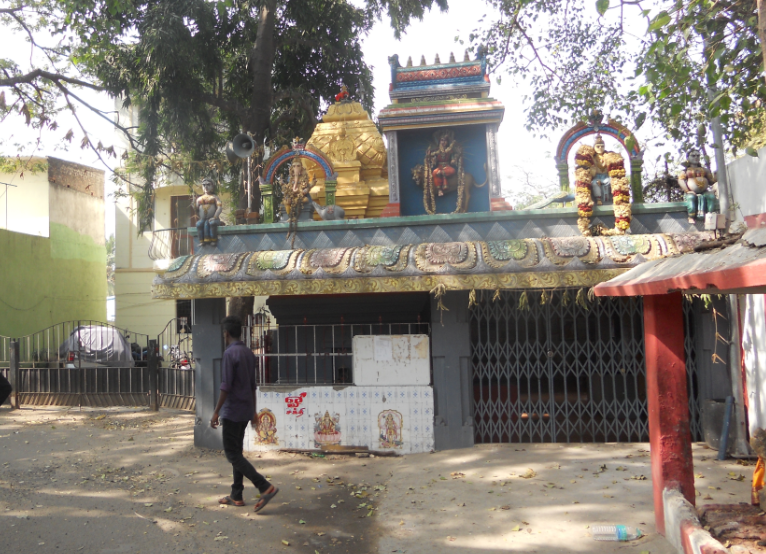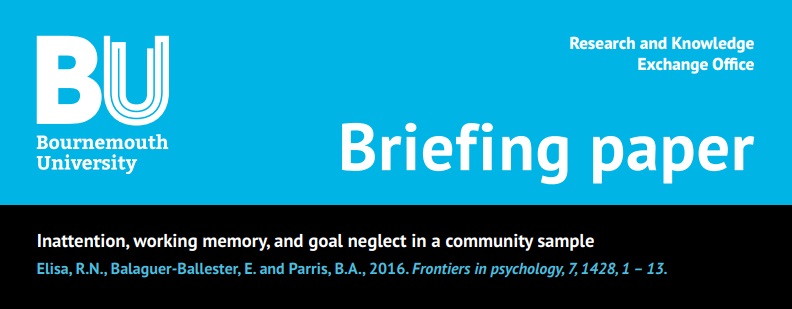 One week to go to find out more about education, practice and research at the Humanising Care, Health and Wellbeing conference 21-22 June 2018
One week to go to find out more about education, practice and research at the Humanising Care, Health and Wellbeing conference 21-22 June 2018
Please find the conference programme http://blogs.bournemouth.ac.uk/research/files/2018/06/18-06-13-Humanising-practice-programme-FIN.docx
If you would like to attend this conference at BU please register at https://humanisingcare2018.eventbrite.co.uk
This philosophically-driven approach to caring, health and wellbeing is based on humanising practice. Focusing on what make us feel human and what life feels like from the inside out (existential understandings from lifeworld approaches) provides novel approaches to consider issues relating to care, health and wellbeing.
Humanising practice is supported by work settings which encourage connection to personal experience and research which privileges subjective experience and knowing; such as phenomenology, narrative, auto-ethnography, embodied knowing and arts–based approaches.
This is our fourth conference; people from previous conferences have said:
A fabulous conference. I leave this day feeling nutured…., inspired …. refreshed… glad to be human
I feel I have found my academic home, it’s a new home and I don’t know where everything is or where to put my ‘stuff’ , but it feels like home
It all fits ! So much lovely work is happening. The threads come together and support this work/idea/way of being. Loved hearing others’ stories and work in action
Thank-you for inviting me to participate –these are very powerful events



 Our
Our 











 UKCGE Recognised Research Supervision Programme: Deadline Approaching
UKCGE Recognised Research Supervision Programme: Deadline Approaching SPROUT: From Sustainable Research to Sustainable Research Lives
SPROUT: From Sustainable Research to Sustainable Research Lives BRIAN upgrade and new look
BRIAN upgrade and new look Seeing the fruits of your labour in Bangladesh
Seeing the fruits of your labour in Bangladesh Exploring Embodied Research: Body Map Storytelling Workshop & Research Seminar
Exploring Embodied Research: Body Map Storytelling Workshop & Research Seminar ECR Funding Open Call: Research Culture & Community Grant – Apply now
ECR Funding Open Call: Research Culture & Community Grant – Apply now ECR Funding Open Call: Research Culture & Community Grant – Application Deadline Friday 12 December
ECR Funding Open Call: Research Culture & Community Grant – Application Deadline Friday 12 December MSCA Postdoctoral Fellowships 2025 Call
MSCA Postdoctoral Fellowships 2025 Call ERC Advanced Grant 2025 Webinar
ERC Advanced Grant 2025 Webinar Update on UKRO services
Update on UKRO services European research project exploring use of ‘virtual twins’ to better manage metabolic associated fatty liver disease
European research project exploring use of ‘virtual twins’ to better manage metabolic associated fatty liver disease